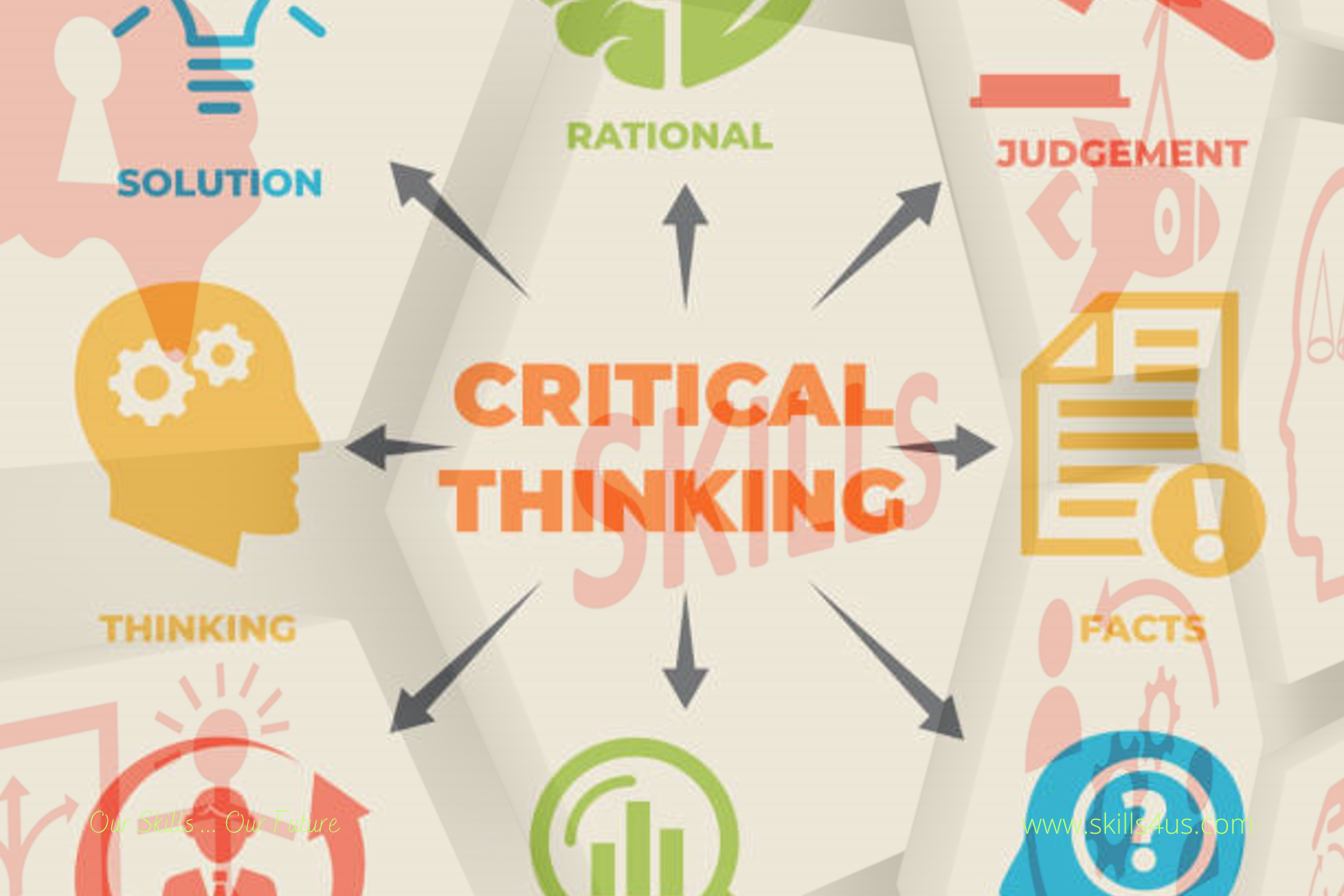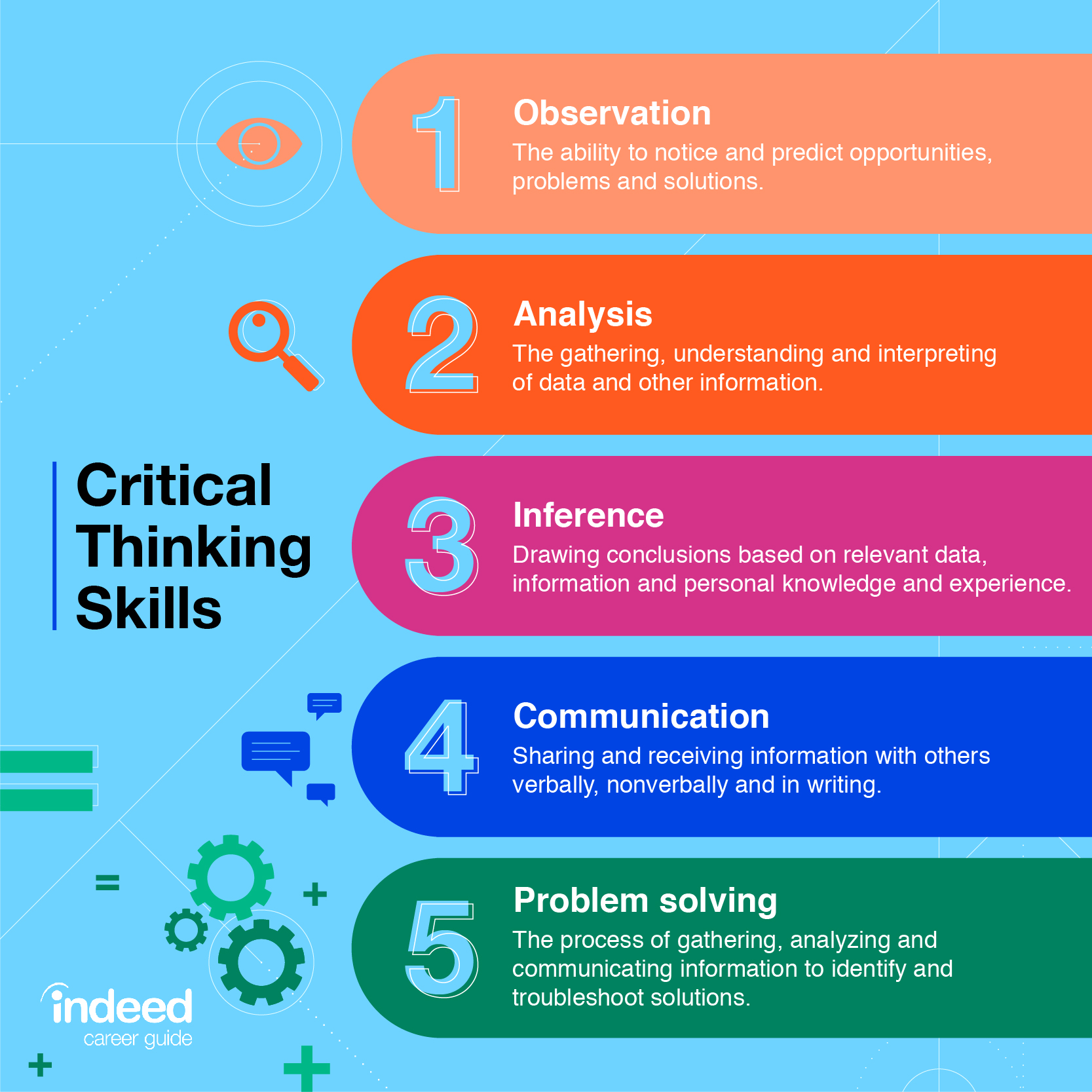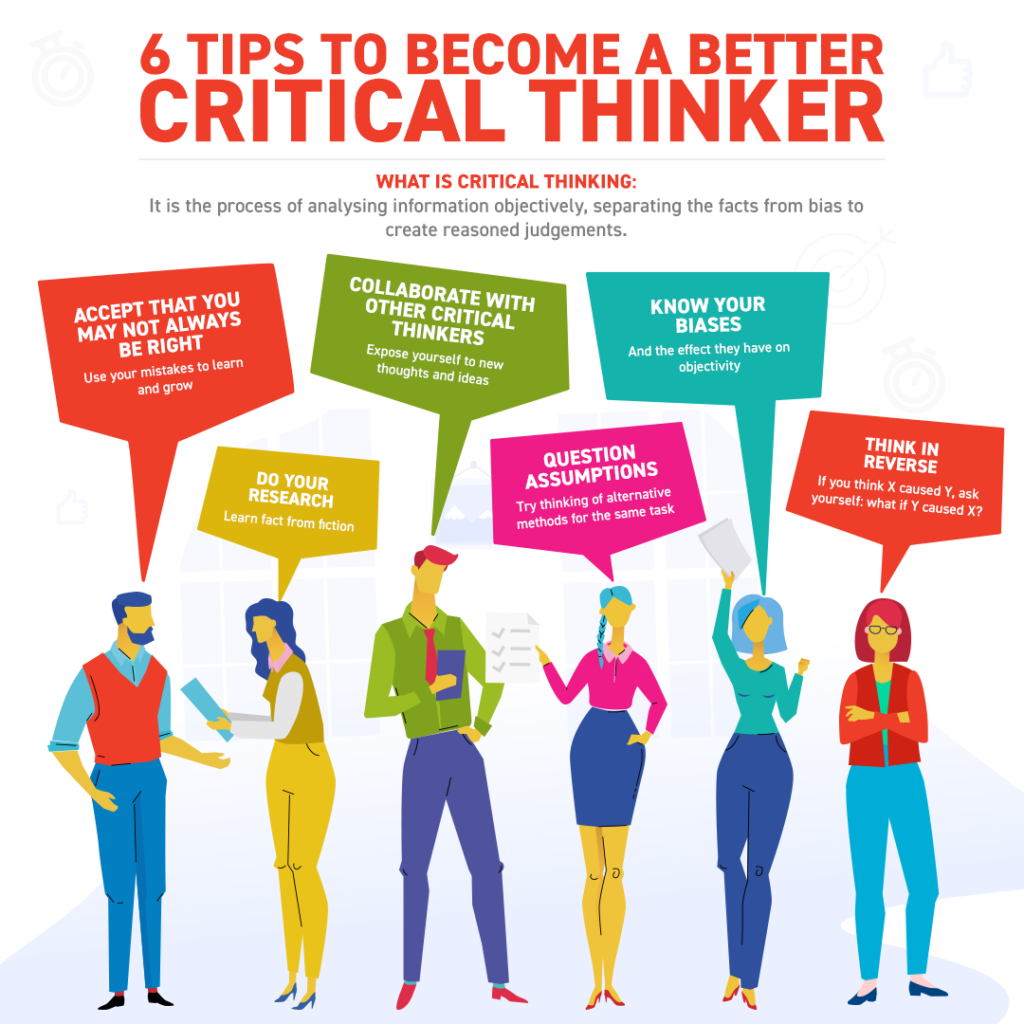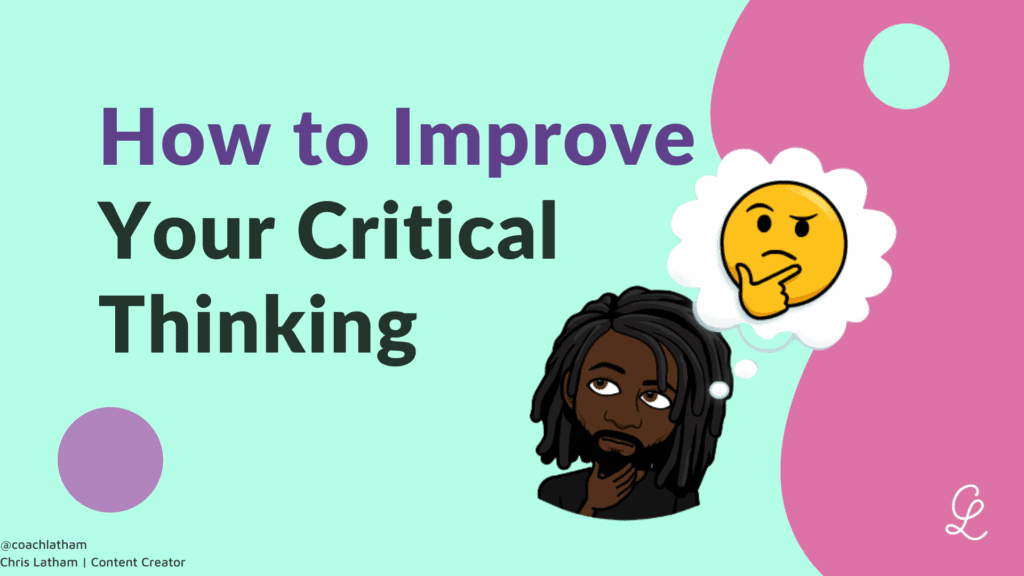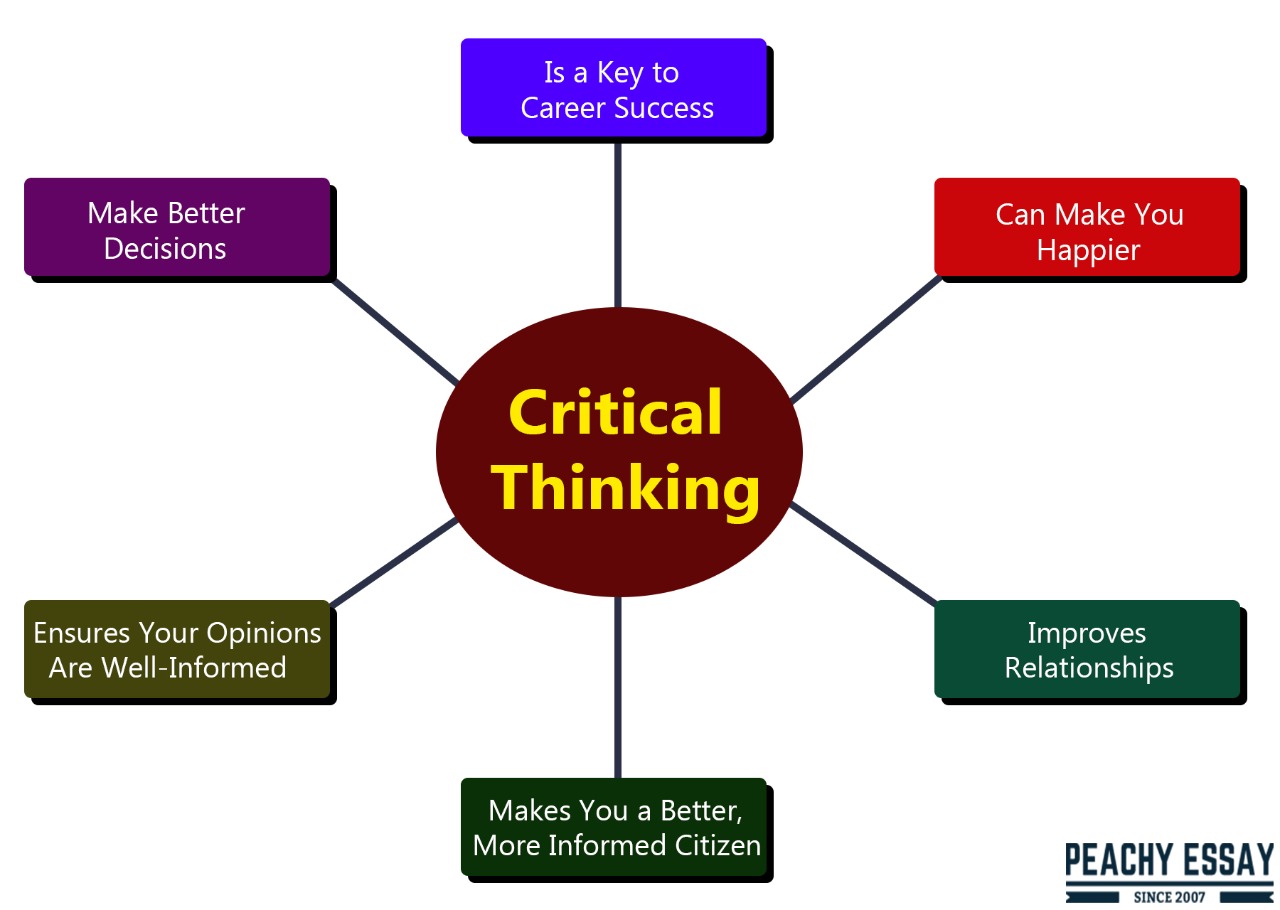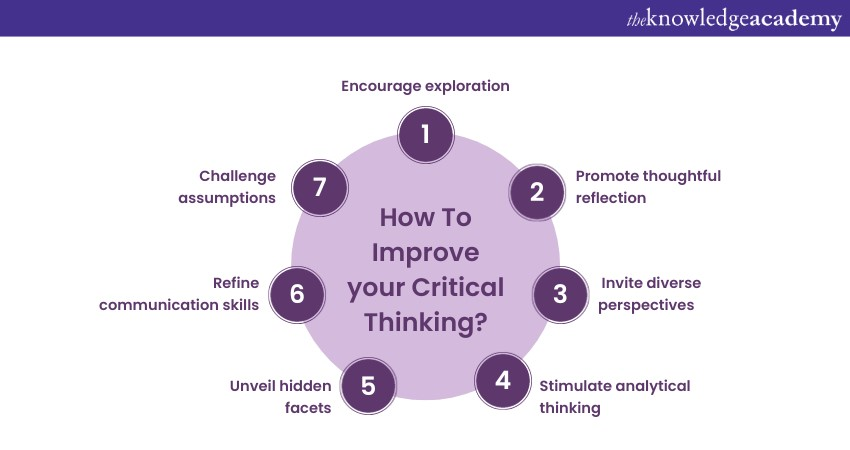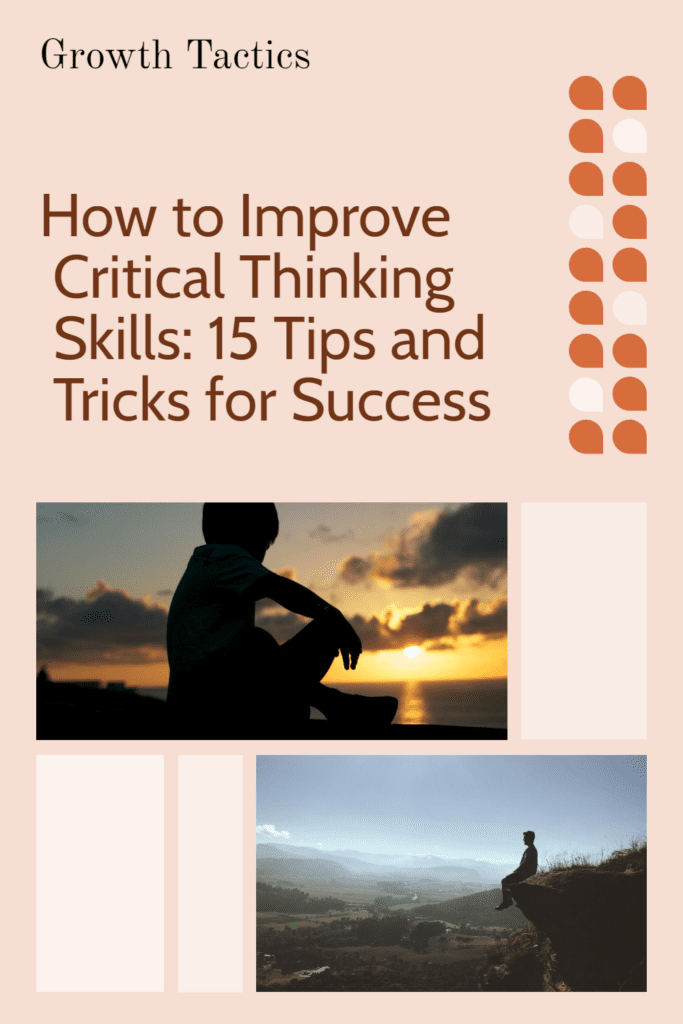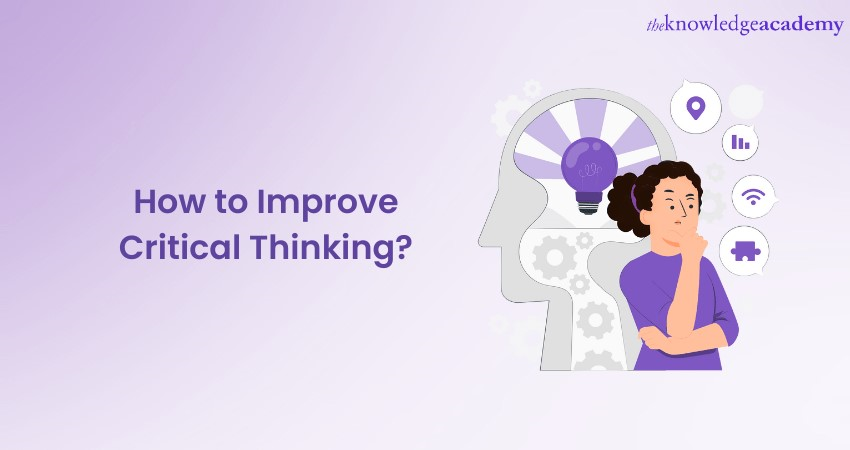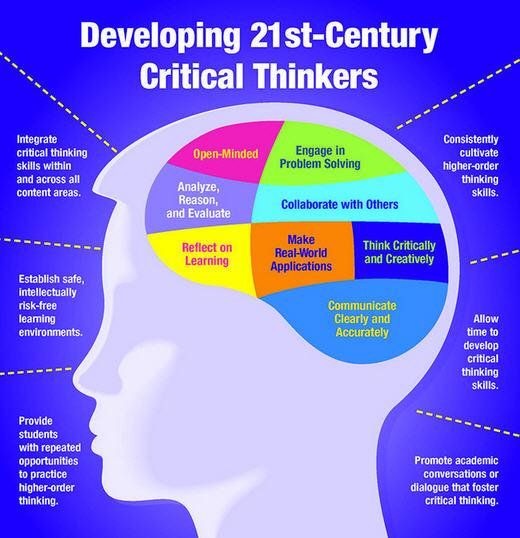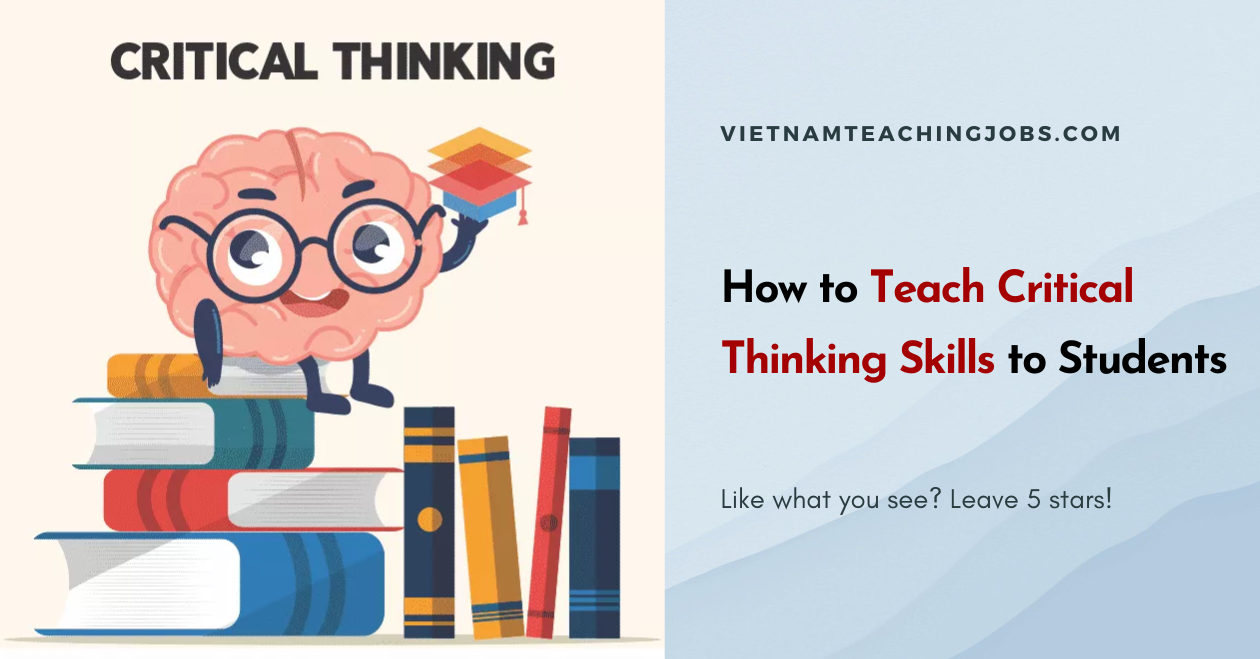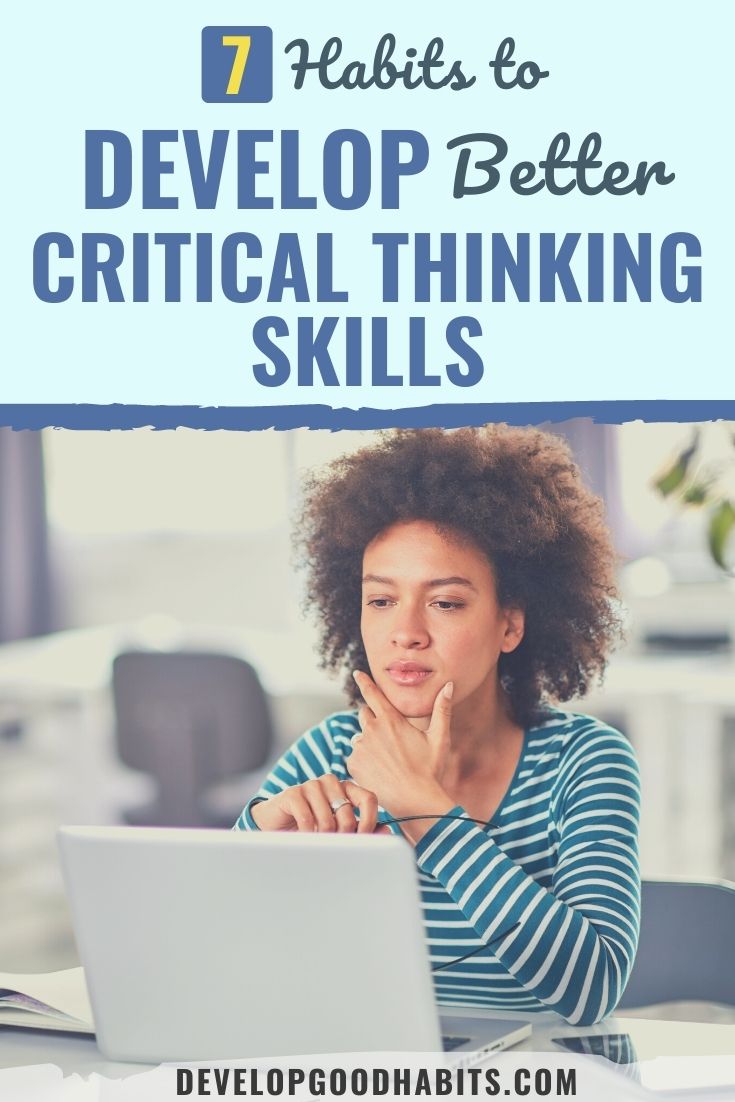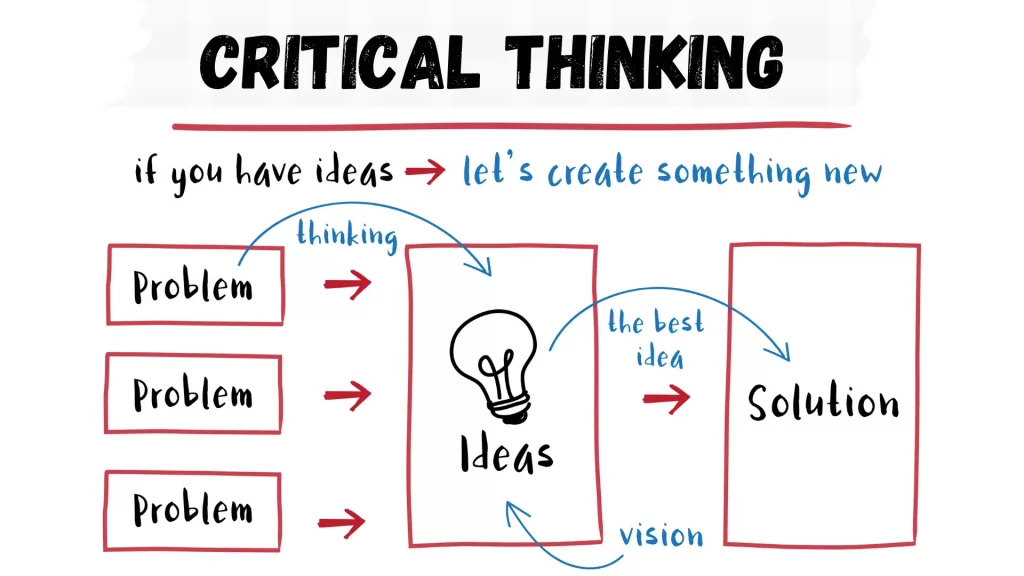How To Be Better At Critical Thinking

Struggling to navigate the barrage of misinformation and biased opinions? Sharpen your mind and become a more effective critical thinker using proven techniques and strategies.
In today's rapidly evolving world, rife with conflicting information, mastering critical thinking is no longer a luxury, but a necessity for informed decision-making and problem-solving.
Understanding the Foundation
Critical thinking involves analyzing information objectively and forming a judgment. It's about questioning assumptions, identifying biases, and evaluating evidence before reaching a conclusion.
The core skills include analysis, interpretation, inference, evaluation, explanation, and self-regulation, according to the American Philosophical Association's Delphi Report.
Practical Steps to Enhance Critical Thinking
Question Everything: Don't accept information at face value. Ask "Why?" "How?" and "What if?" to challenge assumptions and uncover hidden agendas.
Actively seek out diverse perspectives on any given issue. Reading articles from various news sources will help provide a balanced view.
Identify Biases: Everyone holds biases, conscious or unconscious. Understanding your own biases and those of others is crucial for objective analysis.
Look for logical fallacies in arguments, such as ad hominem attacks or straw man arguments. These weaken the validity of a claim.
Evaluate Evidence: Not all evidence is created equal. Consider the source's credibility, the methodology used, and the sample size studied.
Prioritize empirical data and peer-reviewed research over anecdotal evidence or personal opinions.
Practice Active Listening: Truly listen to understand another person's viewpoint before forming your own response. This fosters empathy and encourages a deeper understanding of complex issues.
Ask clarifying questions and summarize what you've heard to ensure you've understood the other person's perspective correctly.
Tools and Resources
Numerous online resources can help you hone your critical thinking skills. Websites like Coursera and edX offer courses on logic, reasoning, and decision-making.
Books such as "Thinking, Fast and Slow" by Daniel Kahneman and "Critical Thinking" by Tom Chatfield provide valuable insights into the psychology of thought and the principles of sound reasoning.
Engage in Debates: Participate in constructive debates and discussions to practice articulating your ideas and defending your positions with logic and evidence.
Seek out opportunities to engage in collaborative problem-solving activities. This will force you to evaluate different approaches and justify your own solutions.
The Ongoing Journey
Developing strong critical thinking skills is an ongoing process. It requires dedication, consistent effort, and a willingness to challenge your own beliefs.
Embrace intellectual humility – acknowledge that you don't have all the answers and be open to learning from others.
By implementing these strategies and continuously seeking opportunities to refine your thinking, you can become a more informed, discerning, and effective decision-maker in all aspects of your life.
